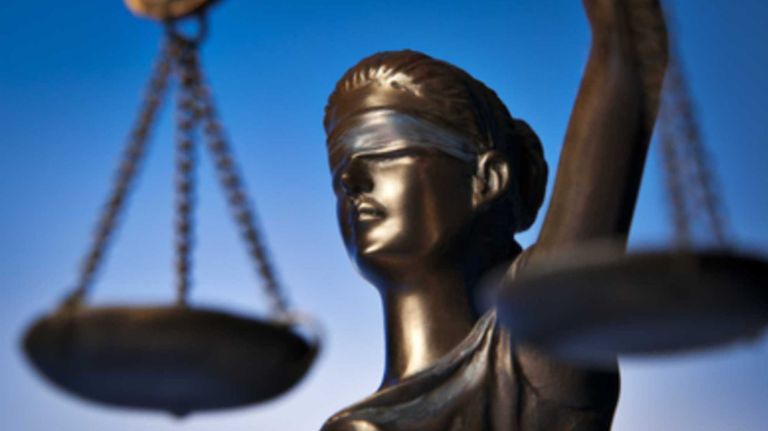
Race. Race. Race. It’s the factor that dominates reporting on the criminal justice system, and not just in NYC.
NYPD Confidential recently reported the release of Virgil Mitchell in a murder he didn’t commit. The 34-year-old native of Trinidad was held in Rikers Island for two years awaiting trial after a false tip that led to him being mistakenly picked out of a lineup.
"If he were white,” his lawyer said, “this never would have happened.”
The column also reported the posting of a racist video on the website of the Sergeants Benevolent Association. Union president Ed Mullins said he didn’t watch the full video before it was posted. When he received an email alerting him to offensive narration, the video was removed and he apologized.
Reader reaction to the column was harsh:
- “I don’t find either of those scenarios racist,” a reader emailed. “Racism, oftentimes, is in the eye of the beholder. They may both be unfair, but not necessarily racist.”
- “How can you say it is racist in the arrest of a man that was picked out by a witness?” a second reader emailed.
- A third emailed: “Seems people now are intent on finding racism in almost anything. … The Bronx case has many ‘guilty’ parties, including economic disadvantage. … Mullins may or may not have listened to the racist voice-over. He did not try to defend it and recognized its offensive nature right away.”
Last week, in Dallas, Texas, Amber Guyger, a white female cop, was found guilty of fatally shooting Botham Jean, a black accountant, in his apartment. She said she had mistaken his apartment for hers. She testified she believed he was a burglar, and said she shot him because, “I was scared he was going to kill me.”
Again, we pose the question, similar to the one asked by Mitchell’s lawyer: Would Guyger have shot him if he were white?
After the jury convicted her, Jean’s brother hugged Guyger in the courtroom. A black judge sentenced her to 10 years in prison, which drew protests for its perceived leniency. The judge also gave Guyger a Bible.
These gestures, like the readers’ reactions, suggest that reporting on the criminal justice system involves issues that are more complicated than race.

































